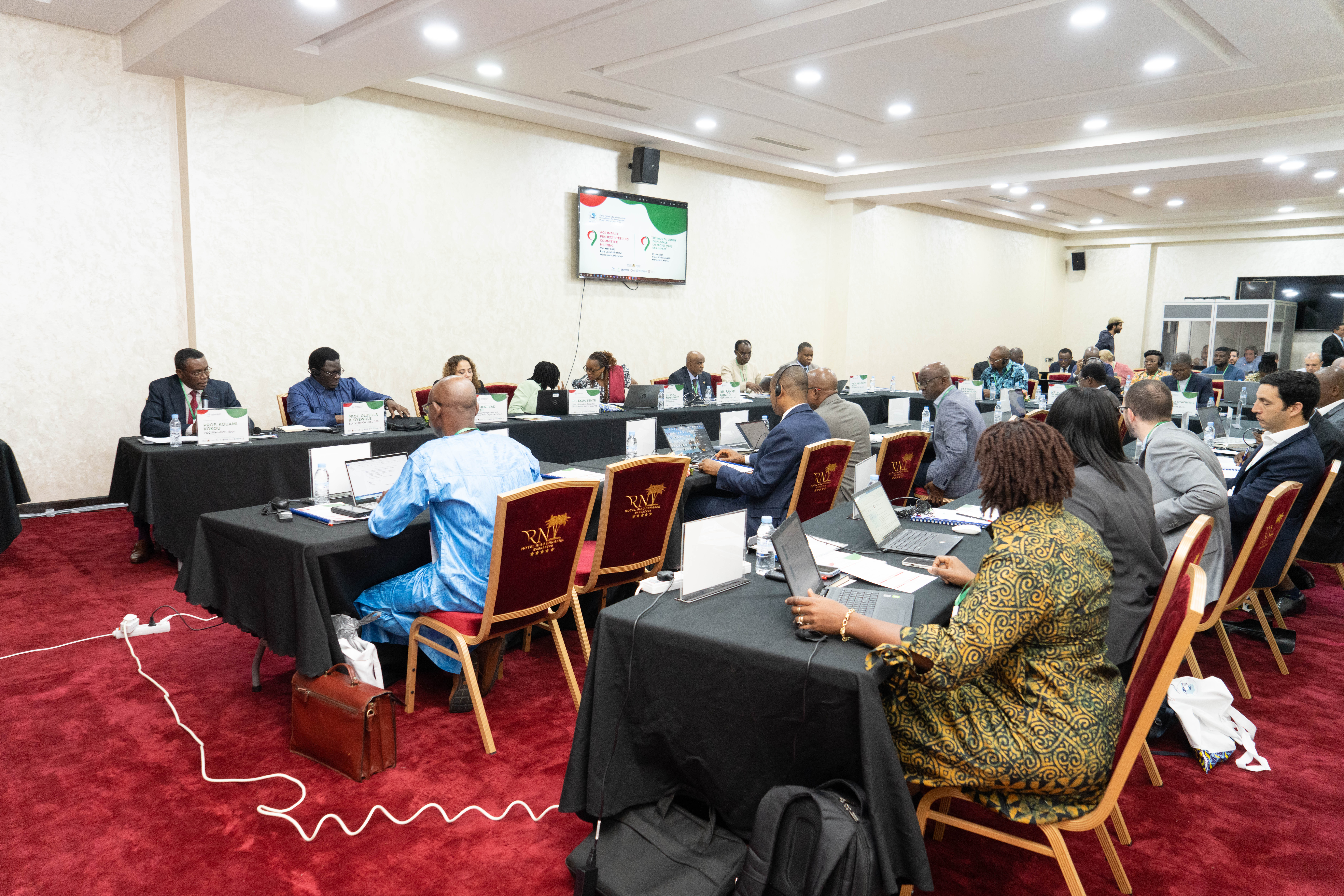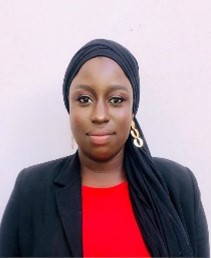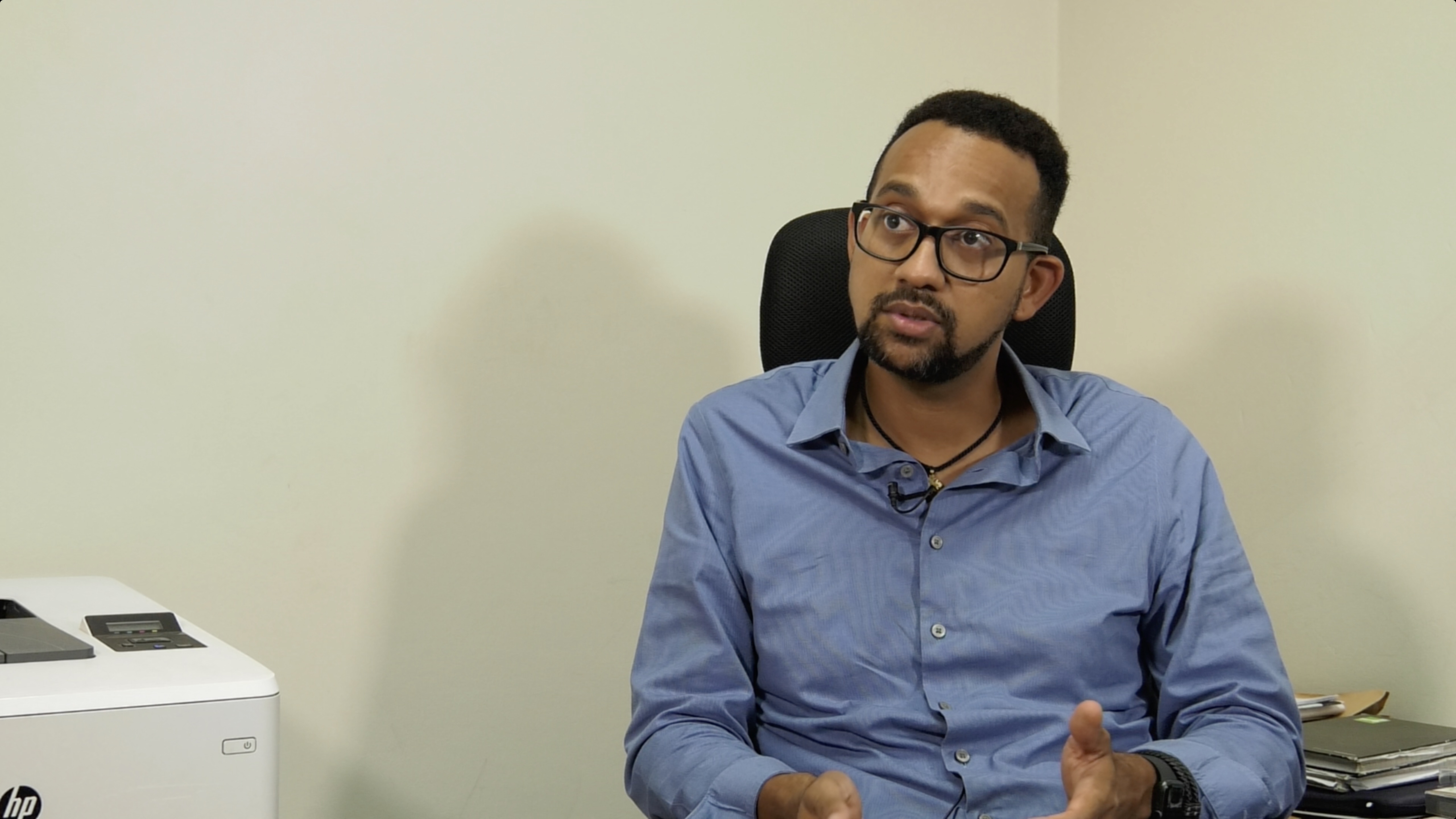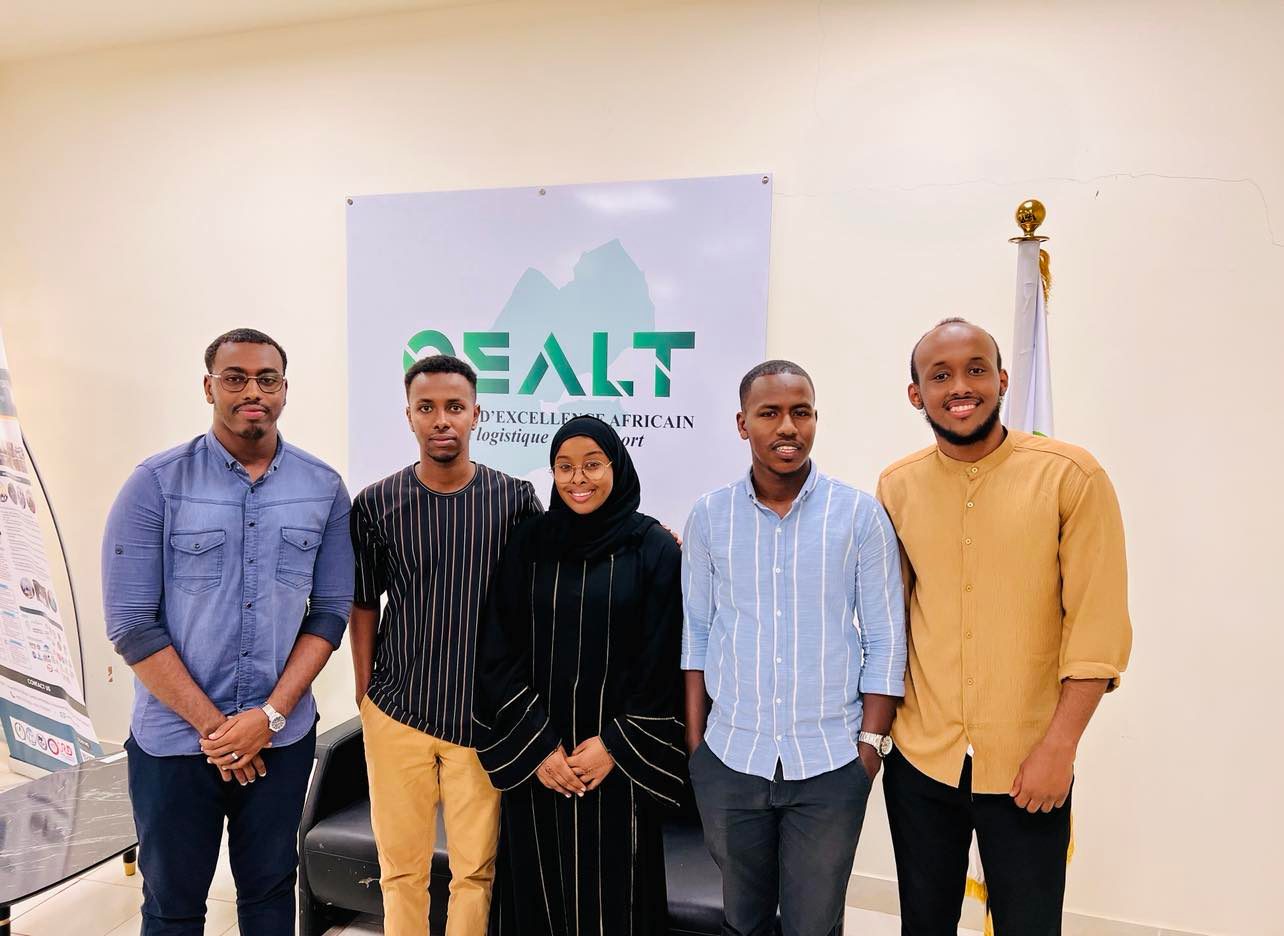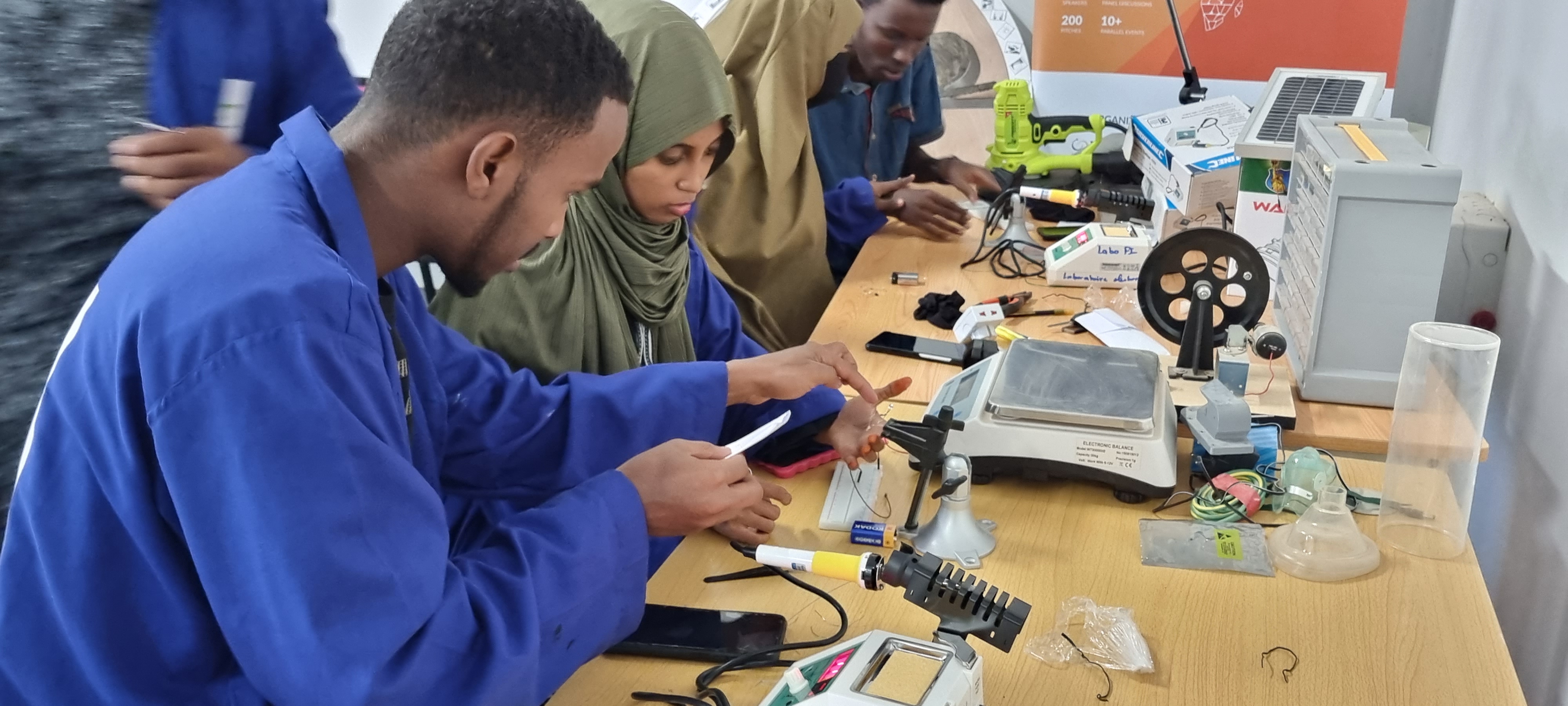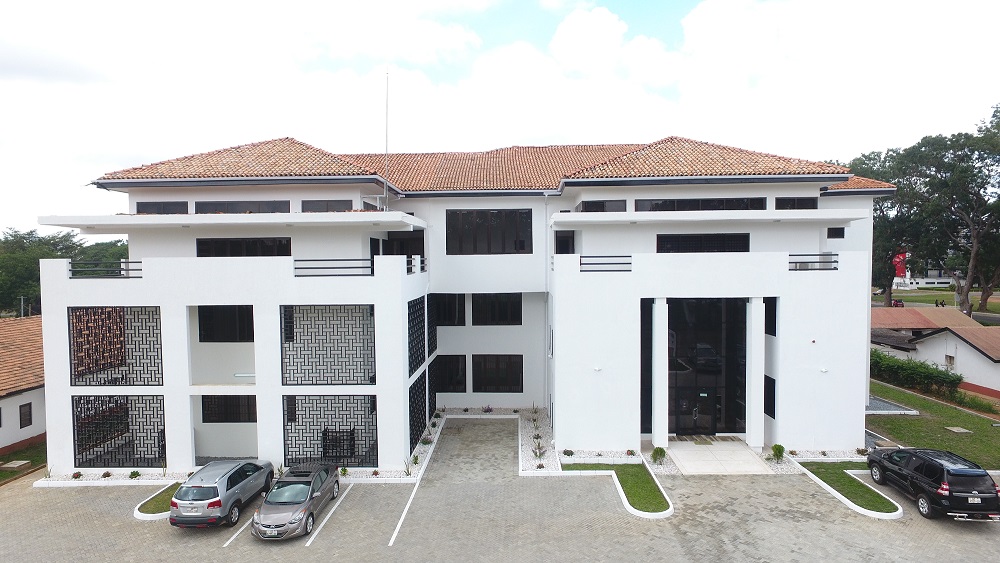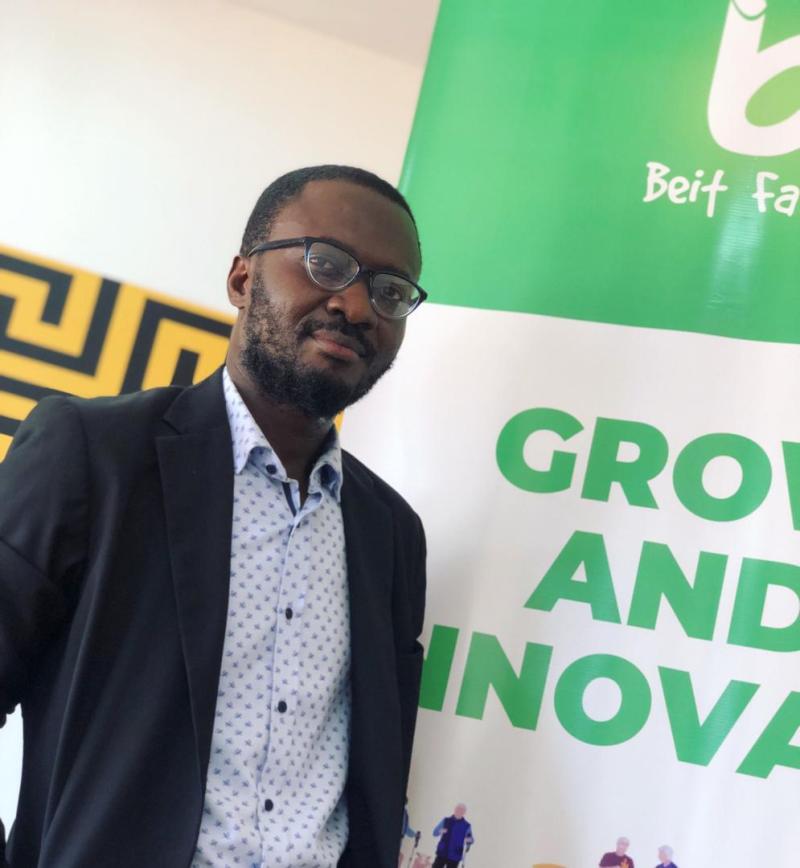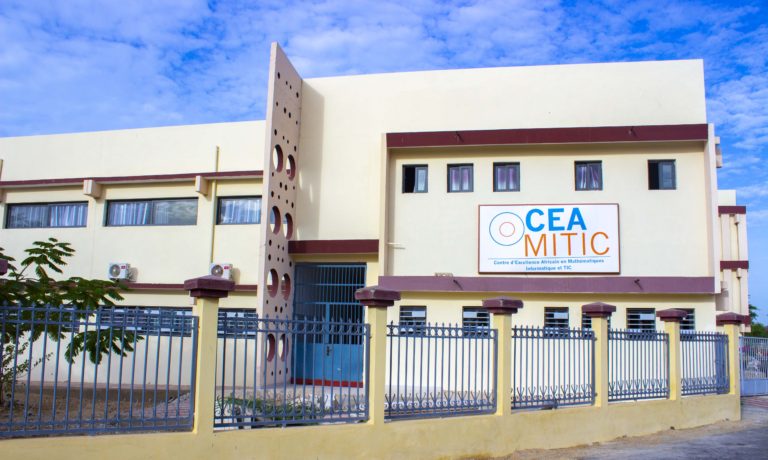DAY 1 SUMMARY OF THE 9TH ACE IMPACT REGIONAL WORKSHOP
The 9th ACE Impact Regional Workshop commenced in Marrakech, Morocco on the 29th May 2023. The first day’s programme featured 7 key meetings.
- Project Steering Committee Meeting
In the morning the Project Steering Committee (PSC) of the ACE Impact met at Riad Ennakhil Hotel to deliberate on the implementation progress of the project. The PSC meeting was chaired by Prof. Kouami Kokou, the PSC Member from Togo and it involved the representatives of the 11 ACE Impact implementing countries, the Association of African Universities, the World Bank, Research Institute for Development (IRD) and the French Development Agency. The opening ceremony featured Prof. Olusola B. Oyewole, Secretary General, AAU; Virginie Delisée-Pizzo, Head of Education Department, AFD Paris (connecting virtually) and Scherezad Latif, Practice Manager, West and Central Africa Region, World Bank. Dr Sylvia Mkandawire the Senior ACE Impact Project Manager provided the project updates, and she was supported by Mrs Adeline Addy (MEL, AAU); Mr Frank Adjei (Finance, AAU); Maud Kouadio IV (Project Disbursements, World Bank); and Mr. Harry Crimi (Project restructuring, World Bank). Dr. Gregory Giraud from IRD explained the support that IRD provides to the ACE Impact Centres. The PSC also deliberated on strategies for sustaining the gains from the ACE Impact project beyond the funding from the World Bank. Dr. Ekua Bentil, the ACE Impact Task Team Leader, from the World Bank also participated and provided next steps and closing remarks.
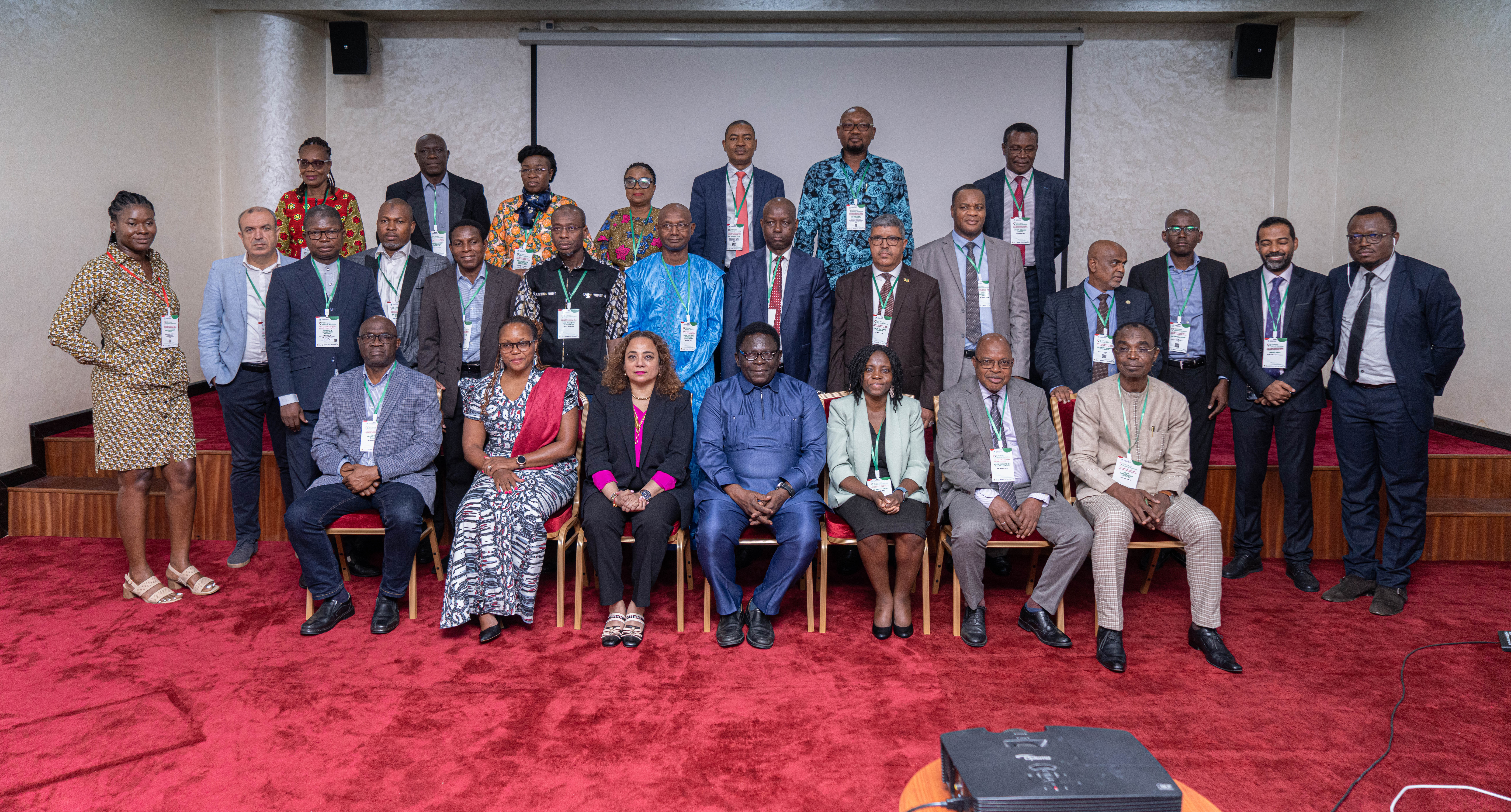
- Experts Meeting
The Experts Meeting took place in parallel with the PSC Meeting at Riad Ennakhil Hotel. The purpose of the Experts Meeting was for the experts to engage in experience and feedback sharing from missions done to the Centres. This meeting also deliberated on strategies for supporting the Centers to achieve more results in line with the agreed project restructuring plans for each Centre. The group of subject matter experts are a team that contributes to the operational and technical implementation support and supervision of the ACE Impact Centers. These independent Experts are selected based on their academic and/or disciplinary expertise relative to the ACE Impact Centers, and their international experience in higher education and/or university leadership.
- Procurement Meeting
The procurement session was held at the Palm Plaza Hotel and Spa in the afternoon and the attendees were procurement officers from the 53 Centres. The objective was to ensure that procurement contracts are successfully implemented by the Centres. The key presentation was in 2 parts – that is best practices, common challenges and experience sharing in managing procurement contracts and common and specific roles of procurement officers as part of a contract management team. The key highlights of this session were:
- Procurement Officers are not Project / Contract Managers.
- Proper planning and assignments of roles to members of the contract management team are prerequisites to successful contract implementation.
- Roles that cut across all procurement categories were highlighted as Contract Negotiation and Award; Contract Documentation; Relationship Management; Risk Management and Contract Change Management.
- Roles that are specific to the different procurement categories were also emphasized.
- Financial Management
The financial management and disbursement parallel session concentrated on the financial management aspects of the project, and it was facilitated by the fiduciary team of the World Bank and the AAU. The session provided guidance and clarifications to the Centre finance officers concerning the World Bank financial management guidelines. The session provided a brief of centers’ achievements status and proposed changes for disbursement linked indicator six (DLR 6). During the meeting, the facilitators mentioned that it was essential to accelerate the progress on DLR6. Currently, the achievement status for DLR6 stands at 33% for the first ACE Impact centers and at 32% for the second ACE Impact centers. The need for speeding up implementation progress was emphasized so that the desired targets are met. The session also discussed the proposed changes to DLR 6 and these comprised the following:
- The remaining balance on DLR 6.4 is being reallocated to the other 3 sub-indicators under DLR6.
- An increase in the unit cost for DLR 6 was communicated and this would take care of the unachieved funds under DLR 6
- There are three more rounds of verification remaining for the project i.e., August 2023, Feb 2024, and August 2024.
- Safeguards
The parallel session on Environment and Social Safeguards (E&S Safeguards) lasted around 4 hours and included a wide range of discussions on E&S Safeguards issues affecting the ACE Impact project. The items discussed during this session were part of the principal challenges and difficulties raised during the virtual round tables, and those identified by the World Bank and AAU E&S Safeguard experts over the last six months. The session was led by Gina Consentino from the World Bank, and Williams Dzonteu, E&S Safeguards Specialist from the Association of African Universities. The following key points were discussed:
- Each site where work has commenced should be visited by the World Bank and it is important that the project ensures that these visits take place.
- The Centres must monitor the Environmental, Social, Health and Safety aspects on all worksites that are ongoing and produce monitoring reports.
- Each Centre must prepare and transmit a quarterly follow-up/monitoring report on all aspects of E&S Safeguards to the World Bank and AAU.
- The level of implementation / monitoring of the Grievance Redress Mechanism in each Centre
- The level of implementation and monitoring of anti-sexual harassment policies by the Centers
- The difficulties faced by each center.
For each of the points discussed, clear recommendations were made to the E&S Specialists from the various centers, to ensure that better account was taken of safeguard-related aspects throughout the lifecycle of the ACE Impact project.
- Monitoring and Evaluation
The M&E parallel session was organised for the M&E officers of participating ACEs. The aim of the session was to inform M&E officers about current changes to the project verification and reporting protocols. Due to the ongoing restructuring of the project, additional funds have been allocated to specific disbursement linked results (DLRs) and in some instances, funds allocated have been reduced. As part of the restructuring, the World Bank has also introduced several project-wide changes to the verification protocols of disbursement linked indicators and results. These include changes in the verification process for DLI 2 (Development Impact), increases in the unit cost for international programme accreditation and changes to how funds can be earned under DLR 5.3 (Entrepreneurship and Innovation).
Mrs. Adeline Addy, the ACE Impact M&E Specialist led the session and made a presentation on the changes to the project and the implications of the restructuring to results reporting and verification. The M&E officers were also given information about the verified results for students and research publications. The M&E team from AAU responded to all centre questions regarding verification of results. The reporting and verification schedule for results was also shared with the participants. In conclusion, the M&E officers were asked to submit any of their concerns on results reporting and verification to a dedicated SharePoint link. M&E officers were also asked to submit all results achieved to the MEL platform for immediate verification.
- University Vice Chancellors and DLI 7 Focal Points
This session was specifically organised for University Vice Chancellors and disbursement linked indicator seven (DLI 7) Focal Points of each institution. The objective of the session was to update university leadership about the progress made in DLI 7 which focusses on institutional impact and the nimble impact evaluation done by the World Bank to assess the progress of the overall project. The DLI 7 is among one of the lowest earning indicators with a disbursement rate of 25%. Progress have been made notably on regional strategies (DLR 7.1) and on PASET benchmarking (DLR 7.4), with every institution having achieved 100% in the first round of evaluations. The indicators on gaps assessment (DLR 7.3) and institutional impact (DLR 7.5) are the lowest performing indicators. The University vice chancellors and focal points were encouraged to accelerate progress on these milestones.
The second session on the findings of the evaluation done by the World Bank consultants in Ghana and Cote D’Ivoire centres was facilitated by Dr Jamil Salmi, formerly with the World Bank. The outcome of the evaluation revealed the positive effect the ACE impact project on the participating universities and African higher education development in general. He indicated the ACE model will be presented in Singapore this year and could be adopted worldwide. Some of the challenges revealed by the evaluation were related to institutional leaders that conflict with centre leaders in some centres and bureaucracy of internal processes which delay performances. The evaluation results concluded that when these challenges are managed there would be increased improvement in the progress of the project and the overall impact on African higher education.

